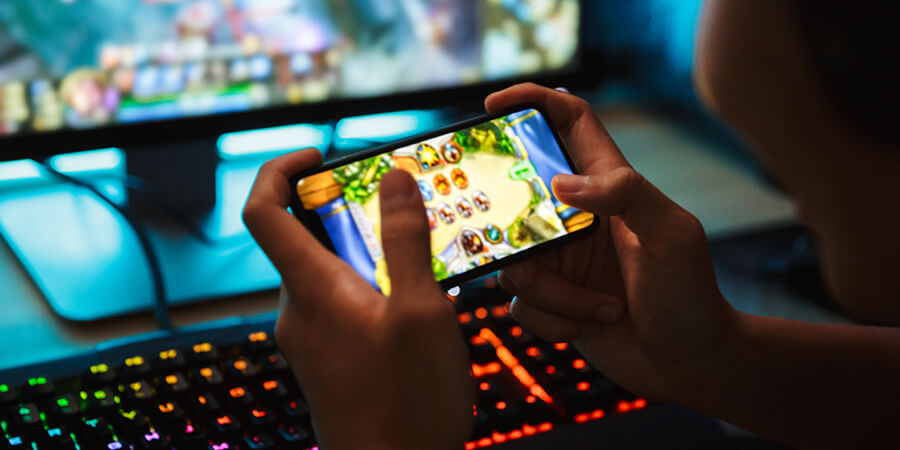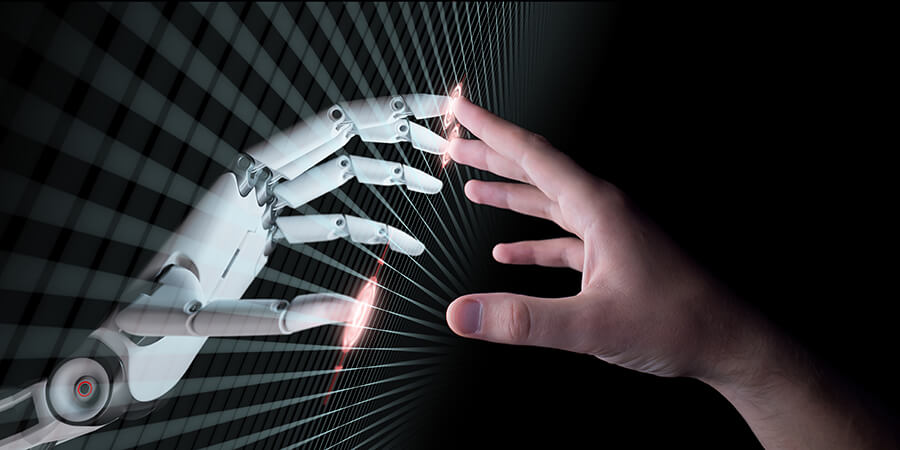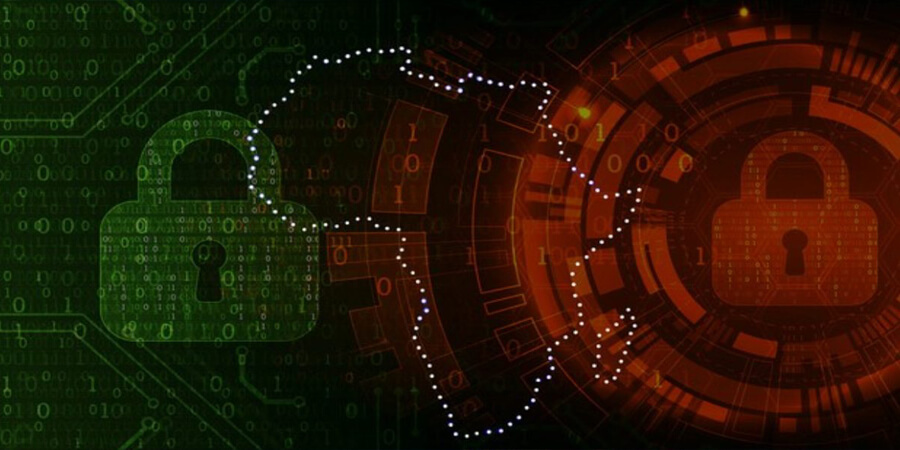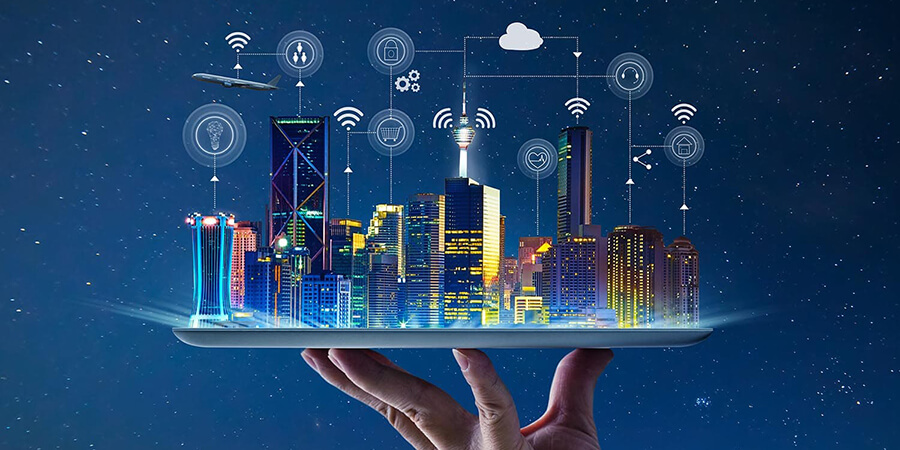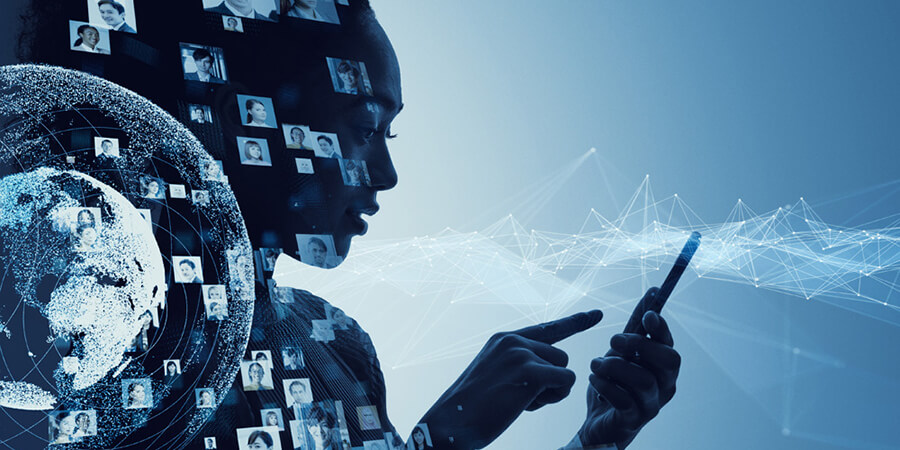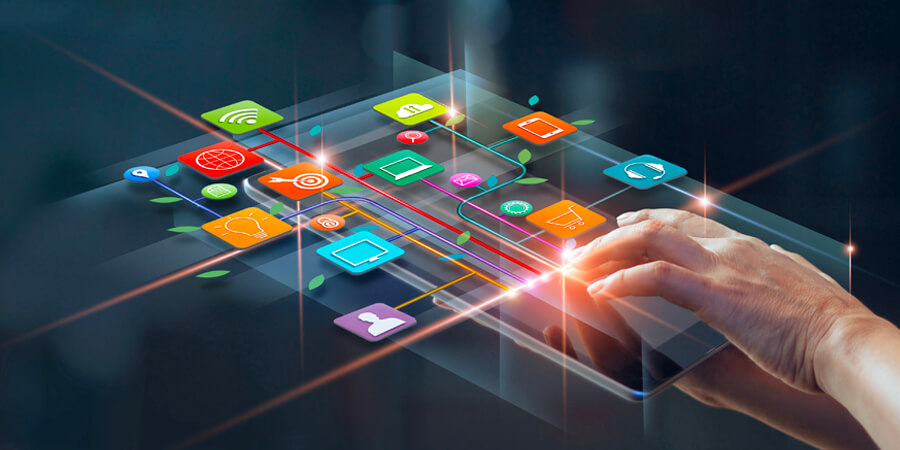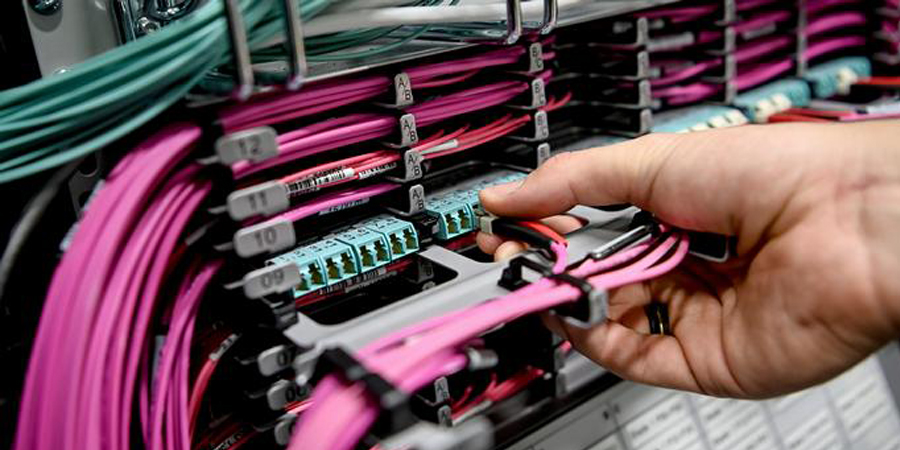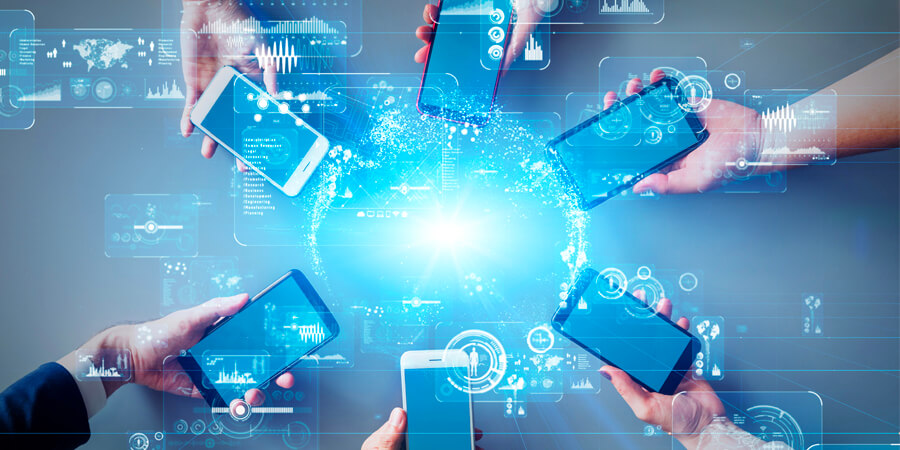Digital transformation or digitalization is the hot new thing. It’s the process of transforming your company to make it more competitive, efficient and effective, all while changing the way everyone thinks about business and explores new ways of working. Nowadays, there is almost no platform where technology is not used, tracked and developed. In digital transformation, new software is implemented, a new platform is acquired, a specific type of training is provided, a framework or methodology is used, the definition of an entire area or company is altered, a new company strategy is adopted and many opportunities present themselves.
Features
Online Gaming: A Technology-Based Entertainment
Online gaming is a technology-based entertainment that has gained popularity over the years and has witnessed a vast increase in users since the recent pandemic began. This new trend requires a huge demand for high-speed internet connections, which has led to an increase in demand for fiber optic cables and other equipment that are used for telecommunication purposes also. However, the process of installing fiber optic cables can be time-consuming and expensive.
LaMDA vs humans: Who Wins?
The capabilities of artificial intelligence are set to affect our lives in all aspects, so welcome to the era of robots. There are an infinite number of pluses and minuses when it comes to robotics. Researchers are trying to find a way for robots and humans to work together as the technology advances. Scientists fear that artificial intelligence will exceed human capabilities and turn from a futuristic blessing to a permanent curse.
Cybercrime: Africa should up its game
Cybercrime was not widely tackled in Africa up until recently, when the deployment of digital technologies in Africa has grown dramatically over the past two decades. The internet penetration rate, which was less than 1% of the population in the 2000s according to the World Bank, has now reached 43.2% (Internet World Stats, 2021), including 25% of users connected every day.
Smart Cities Enabling a Digital Life
Smart cities are a new idea, but they're not a new concept. The idea itself is to make the most of the resources that already exist within the city, and to do so in a way that takes into account the needs and desires of all its citizens. Smart cities are becoming more and more prevalent, with many of the world's metropolises now using some degree of smart technology in their infrastructure. The smarter cities become, the more livable and responsive they will be.
Telecom and E-Business Systems: Unlimited Growth
The telecom industry is the backbone of modern communications. It provides the infrastructure for voice, video, and data transmission, which are essential to a thriving economy. Businesses that depend on these services need all the help they can get in order to stay competitive, and those that want to stay competitive will need to adapt as well. One way to do this is through new technology that makes it easier for customers to interact with your business and vice versa.
Pillars of Digital Citizenship
Digital citizenship can be defined as the norms of appropriate, responsible behavior with regard to technology use. Since the rise of the Internet, we have become more and more present online, governed by a specific set of regulations which we have to abide by. We are citizens of this digital world if we live, work, learn, do business, and communicate in it the same way we do in real life.
Data Centers: Power Hungry but Efficient
Data centers that support businesses, internet services, and our social media lives consume a lot of energy. The latest statistics show that data centers now consume more electricity than rural homes.
Towards a Strong Mobile Network
Across all of Africa, mobile networks are the dominant telecom provider. These networks carry up to 98% of all voice and data traffic and are responsible for the largest share of voice and internet connections, according to the GSMA. When telecom services became more common, it was more economically viable for operators to provide services via mobile infrastructure rather than to build out copper-based wireline networks. To this end, the mobile platforms began their gradual build.
Building a Sustainable Digital Society
The world is going digital, and Africa is no exception. Digital and new technologies are profoundly changing societies, daily lives, and ways of working. With fast-growing economies and an ever-expanding network of connectivity, the African continent has embraced the digital revolution in many ways. The developments of digitalization are the greatest technical challenges of our time; however, we must keep sustainability at their core. New technologies such as artificial intelligence (AI) can contribute to making our lives more sustainable. For example: enabling us to use smart devices such as phones and tablets through voice commands or touch screens instead of keyboards. A question arises: Do digitalization and sustainability complement each other? Is technical progress the only answer to a future-friendly development of our digital society?





